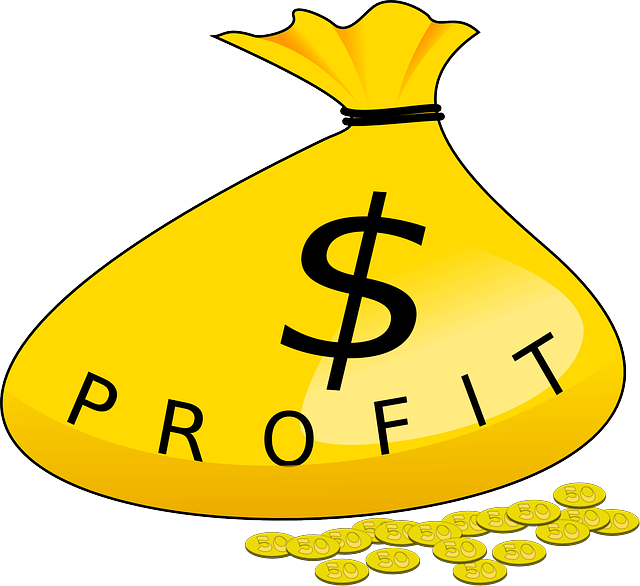How can you prepare for an economic crisis? Before discussing how to prepare for the financial crisis, it is important to understand the factors that caused the economic crisis. Because you know what to look out for, you can not only determine whether and how to prepare for the financial crisis, but it can also provide some guidance on the considerations:
Whether or not to invest, when to invest, in which to invest during a crisis?
There are many possible factors that can cause an economic recession. Some recessions are caused by political unrest or wars and others by government policies. In a general sense, a financial crisis results from an imbalance in the economy that needs to be corrected. For example, the most recent financial crisis in 2008 was due to the so-called ‘housing bubble’ or the stagnating US housing market. The expectation that house prices would continue to rise was the basis for structural over-financing. The US Fed (Federal Reserve) deliberately kept interest rates low to encourage lending. The attractive conditions for consumer loans led to systematic over-financing.
Financial institutions created complex products, combining loans with advantageous terms with loans with less attractive loans. When people failed to pay off their loans, this created panic in the market. This caused a domino effect that eventually led to bank failures and a rescue plan of over $ 700 billion. The 2008 financial crisis is therefore often referred to as the banking crisis.
Where almost everyone has been able to feel the effects of the crisis and many have experienced some drawbacks, there are also traders who have made a fortune by investing during recessions. If you want to invest during a crisis, the first question you will ask yourself is: what to invest in during crisis conditions? The best way to invest during crises (and in which to invest in recessions) depends partly on the cause of the crisis in question.

